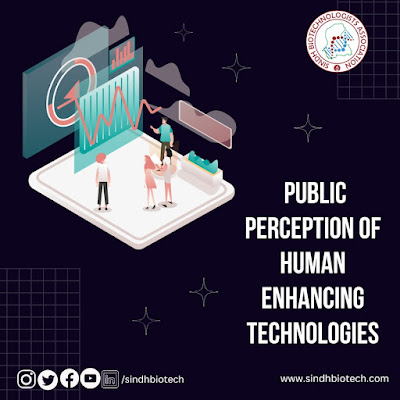Survey on Awareness and Perception of mRNA-based Therapeutics in Regenerative Medicine
By: Zobiya Ameen
Introduction
Since the discovery of mRNA 3 decades ago, and with extensive research, it has gained popularity in the scientific community after the successful application of mRNA Vaccines for the COVID-19 Pandemic. mRNA, also known as messenger RNA, is a molecule that holds the instructions or protocol that tells the cells to use their natural machinery to build a protein.
The current emphasis in regenerative medicine is on mRNA technology, which utilizes cellular programming and genetic manipulation to address degenerative diseases and facilitate tissue regeneration (Chabanovska et al., 2021). In Regenerative medicine, Significant advances made to harness stem cells’ therapeutic ability and their intrinsic regenerating capacity upon tissue damage. Their ability to trans-differentiate and the potential for indefinite cell division is an asset (Mahla, 2016). It complements the mRNA-based manipulation of somatic cells by editing, replacing, adding, or blocking target genes by reprograming to pluripotency (Badieyan & Evans, , 2019), to cure or prevent a variety of illnesses such as cancer, cardiovascular, neurological, genetic, and viral infectious diseases (Kwon et al., 2018). mRNA can cure a wide range of protein malfunction disorders such as haemophilia, lysosomal storage disease, glycogen storage disease type Ia, cystic fibrosis, and other liver abnormalities (Chabanovska et al., 2021) .
It is reported in Pakistan, 1,000 mutations have been reported in around 130 distinct types of genetic diseases (Qasim et al., 2018). The prevalence of genetic disorders is a significant cause for concern in healthcare. However, there is hope in the form of mRNA regenerative medicine and stem cell therapy that has the potential to address this issue. This innovative approach not only transforms gene therapy but also has the potential to minimize organ transplants and regulate immunity. However, some ethical concerns arise from mRNA-based Vaccines that may induce significant type I interferon responses that might lead to inflammation and autoimmune disorders (Wibawa, 2020). Our survey aims to educate the public regarding this new approach in biomedical sciences, keeping them updated with newer techniques that have the potential to help cure degenerative diseases, & learn about their perspectives and their fear.
Aim
To analyse the general public's understanding, attitudes, and perceptions of mRNA-based therapeutics in regenerative medicine and stem cell treatment in Pakistan to investigate their expectations and worries about integration in healthcare.
Objectives
● To assess the general public's understanding of mRNA-based therapeutics in the context of regenerative medicine and stem cell treatment in Pakistan.
● To comprehend the general public's views and opinions in Pakistan on the possible applications of various healthcare domains.
● Identify the elements impacting public attitudes and expectations in Pakistan about mRNA-based therapeutics in regenerative medicine and stem cell treatment.
● To investigate any problems or ethical concerns that the general public may have about mRNA technology in healthcare.
● To collect demographic data to examine how awareness and attitudes change among different population groups in Pakistan.
Bibliography
Chabanovska, O., Galow, A., David, R., & Lemcke, H. (2021). MRNA – A game changer in regenerative medicine, cell-based therapy and reprogramming strategies. Advanced Drug Delivery Reviews, 179, 114002. https://doi.org/10.1016/j.addr.2021.114002
Mahla, R. S. (2016). Stem Cells Applications in Regenerative Medicine and Disease Therapeutics. International Journal of Cell Biology, 2016. https://doi.org/10.1155/2016/6940283
Badieyan, Z. S., & Evans, T. (2019). Concise Review: Application of Chemically Modified mRNA in Cell Fate Conversion and Tissue Engineering. Stem Cells Translational Medicine, 8(8), 833-843. https://doi.org/10.1002/sctm.18-0259
Kwon, H., Kim, M., Seo, Y., Moon, Y. S., Lee, H. J., Lee, K., & Lee, H. (2018). Emergence of synthetic mRNA: In vitro synthesis of mRNA and its applications in regenerative medicine. Biomaterials, 156, 172-193. https://doi.org/10.1016/j.biomaterials.2017.11.034
Qasim, I., Ahmad, B., Khan, M. A., Khan, N., Muhammad, N., Basit, S., & Khan, S. (2018). Pakistan Genetic Mutation Database (PGMD); A centralized Pakistani mutome data source. European Journal of Medical Genetics, 61(4), 204-208. https://doi.org/10.1016/j.ejmg.2017.11.015
Wibawa, T. (2020). COVID‐19 vaccine research and development: Ethical issues. Tropical Medicine & International Health, 26(1), 14-19. https://doi.org/10.1111/tmi.13503




Comments
Post a Comment